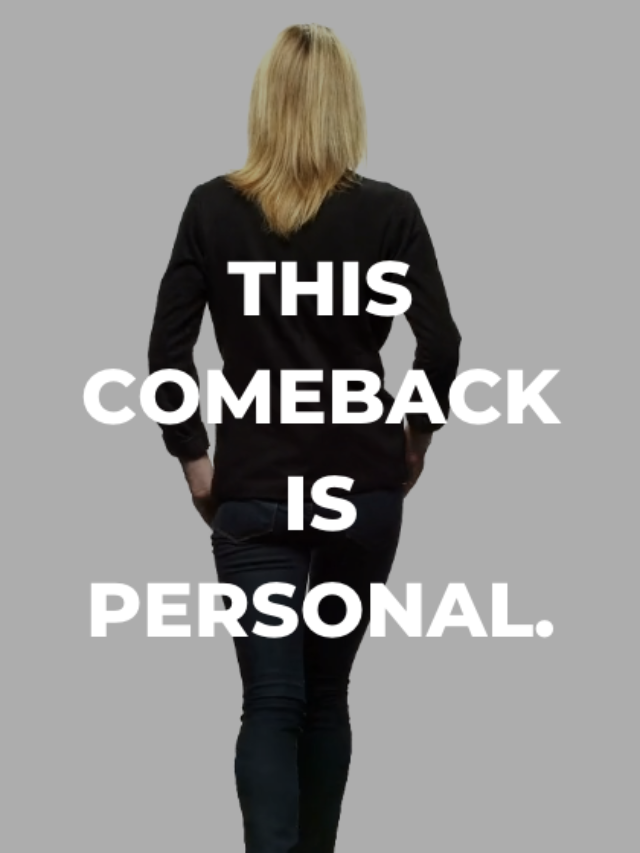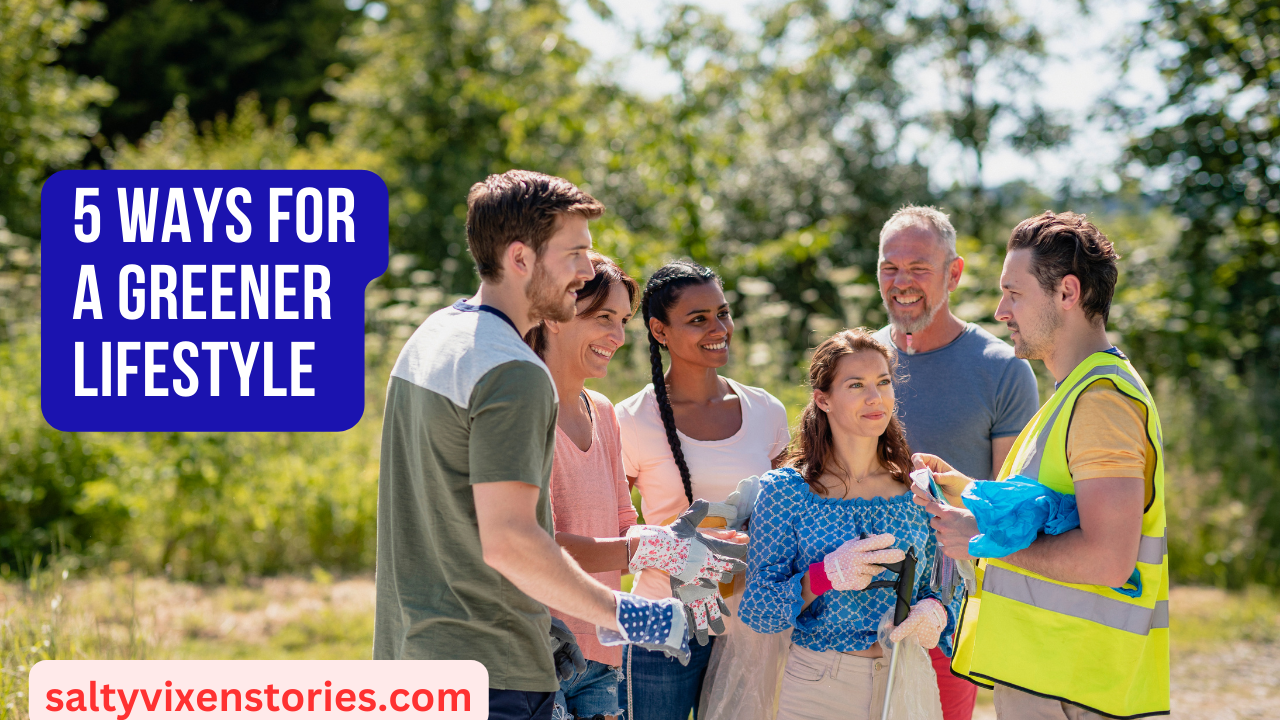A large part of modern homesteading revolves around sustainable practices, which are good for both the environment and your budget. You and your family are definitely ready to take some steps towards reducing your collective carbon footprint and adopting a greener lifestyle.But where do you start? Even with a ton of great information floating about mass media, the place to begin isn't always clear. Here's a short list of simple changes that you can make that will slide easily into your everyday living.
1. Stop Using Plastic Grocery Bags
2. Look for Food with Less (or Zero) Packaging
The next time you're at the grocery store choose foods that have the least amount of -- or zero -- packaging. As a society, we're very used to beautiful and clever packaging (read: marketing). It's very attractive and clever marketers know that catchy-looking products makes for good eye candy. We can essentially fall in love with the product through the packaging.Intentionally resist the strategy. What's "in" now is naked groceries. Shop the perimeter of the grocery store where the fresh food hangs out. Purchase the loose produce instead of the lettuce in the plastic container or tomatoes in a netted bag. Coincidentally, the additional perk is that food with the least amount of packaging just happens to be the healthiest for you!
Vegetable gardening and home agriculture in general is booming right now and the timing couldn't be better. Supplementing your purchased groceries with home grown vegetables means no chemicals in your family's bodies and no chemicals polluting the air.
It means fresh, inexpensive, and more flavorful food with zero "food miles" from trucking it in. I promise that you can do this no matter how much space is available to you (even in an apartment).Don't have a garden? The next best thing is to purchase locally grown produce. Crops purchased from neighborhood farmers endure very little travel, so there's little need for refrigeration and/or processing. Plus there's no better way to stimulate the economy and support other families in your community than to purchase locally grown food.
4. Hang a Clothesline
Putting up a clothesline is hands-down one of the best ways to save energy in your home. Using the sun's rays to naturally dry your clothes not only reduces your family's carbon footprint, it keeps money in your pocket, and leaves laundry smelling fresh.Winter may keep you from an outdoor clothesline, but laundry can be air-dried indoors during inclement weather on a collapsible drying rack. By the way, delicate clothing such as lingerie will last longer when they're air dried instead of machine dried.
5. Start a Compost Pile
Composting is sustainability at its finest. Recycling plastic and glass is only the beginning of reducing your family's garbage output. Kitchen scraps, paper towels, yard waste, plant clippings, etc., can be transformed into loamy earth through the magic of composting.Contrary to what you may have heard, active compost piles don't produce bad odors and can be set up to look attractive (or even concealed) for urban or suburban homesteads. Best of all, you'll have rich, organic matter for your vegetable garden!
Swap Out One Habit at a Time
All of these changes shouldn't be stressful and can be integrated into your life gradually. Just pick one or two idea that feel the most natural to your family and as they become habits, you can add one or two more.




















